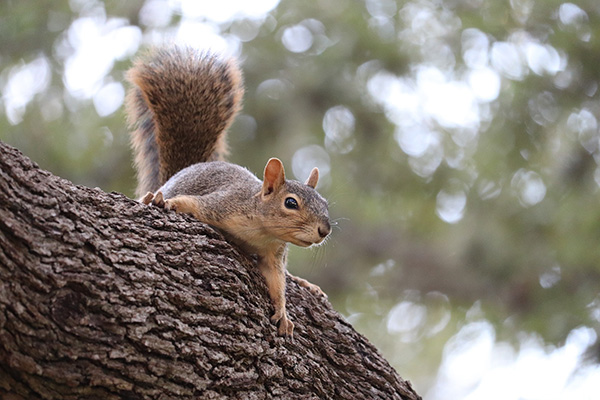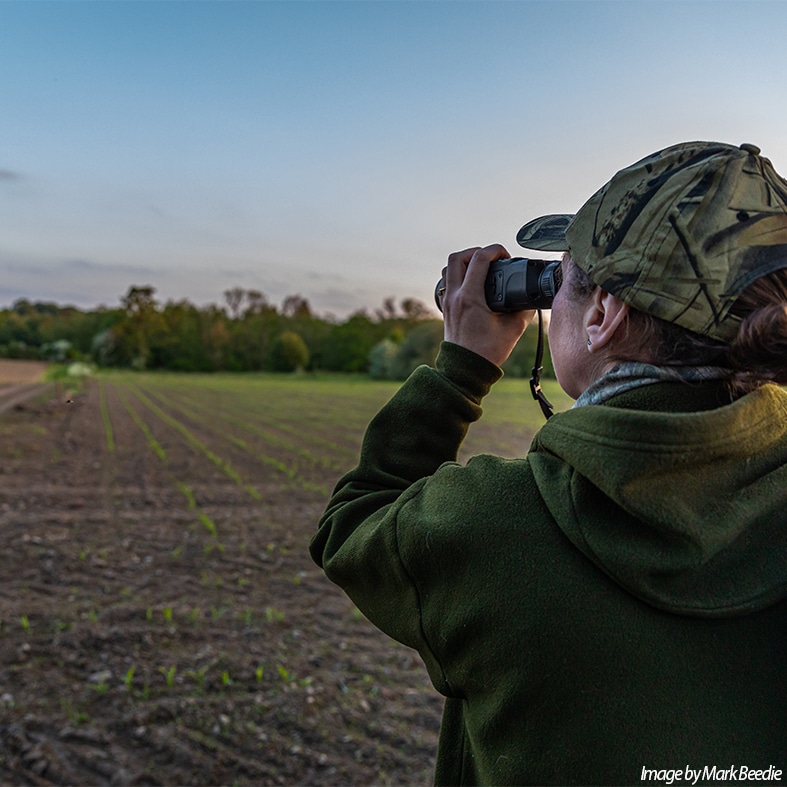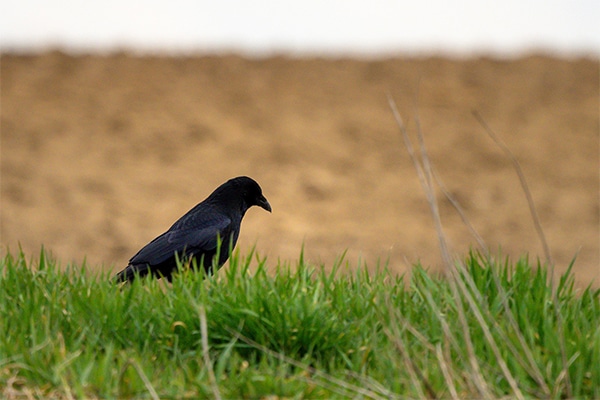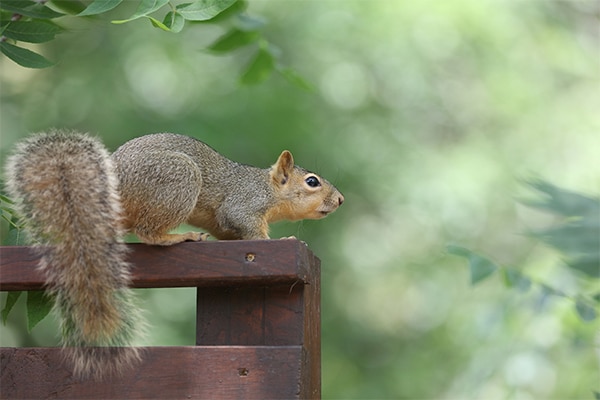
Pest and predator control advice
Find out everything you need to know below. Whether you are new to pest control, or want more practical advice we’ve got you covered.
Get information on the legal shooting season for mammals and birds in the UK.
Learn about our current conservation projects and how you can get involved.
Comprehensive information and advice from our specialist firearms team.
Everything you need to know about shotgun, rifle and airgun ammunition.
Find our up-to-date information, advice and links to government resources.
Everything you need to know on firearms law and licensing.
All the latest news and advice on general licences and how they affect you.


Pest and Predator Control Where do I start?
The shooting of foxes, ground game, pest birds and rats is necessary to ensure that damage to game, wildlife, livestock, and growing crops is kept at sustainable levels. Both in daylight and for certain species at night, it is a safe and effective method of control. It is the responsibility of all those involved in pest control to ensure that it is carried out properly.
Before shooting commences:
It is essential when shooting that the appropriate choice of firearm and ammunition are used. Correct range judging is also essential to ensure the most effective kills.
The key is understanding the pest you are trying to control as this will impact the equipment you use, the clothing you wear and the times you shoot.
The firearms you use will vary massively depending upon the species you are controlling. Shotguns are often used for avian species, air rifles for small close-range pests and rimfire and centrefire rifles for larger or over a greater distance.
Both shotguns and rifles must be held on a certificate- for more information click here
You will need to identify the target pest’s behaviour patterns and habits. Knowing where the pests are likely to feed and where they might hide can help you locate them and make a more effective shot.
When it comes to using firearms to control pest and predator species, there are a number of ways we can approach this.
When controlling foxes, it can be highly effective to use centrefire rifles at night, with some form of night vision, thermal imaging or illuminating device to spot and aim.
When dealing with smaller pest species such as rats and squirrels, air rifles are very effective for use at close range.

Find out everything you need to know below. Whether you are new to pest control, or want more practical advice we’ve got you covered.

A strategically set ladder trap will catch birds when other methods of control either won’t work or are impractical.

The most effective way of conserving red squirrels is by reducing the number of greys,, which also take birds’ eggs and damage bird and pheasant feeders.
Sign up to our weekly newsletter and get all the latest updates straight to your inbox.
© 2023 British Association for Shooting and Conservation. Registered Office: Marford Mill, Rossett, Wrexham, LL12 0HL – Registered Society No: 28488R. BASC is a trading name of the British Association for Shooting and Conservation Limited which is authorised and regulated by the Financial Conduct Authority (FCA) under firm reference number 311937.
If you have any questions or complaints about your BASC membership insurance cover, please email us. More information about resolving complaints can be found on the FCA website or on the EU ODR platform.
This website uses cookies so that we can provide you with the best user experience possible. Cookie information is stored in your browser and performs functions such as recognising you when you return to our website and helping our team to understand which sections of the website you find most interesting and useful.
Strictly Necessary Cookie should be enabled at all times so that we can save your preferences for cookie settings.
If you disable this cookie, we will not be able to save your preferences. This means that every time you visit this website you will need to enable or disable cookies again.
This website uses Google Analytics to collect anonymous information such as the number of visitors to the site, and the most popular pages.
Keeping this cookie enabled helps us to improve our website.
Please enable Strictly Necessary Cookies first so that we can save your preferences!
More information about our Cookie Policy